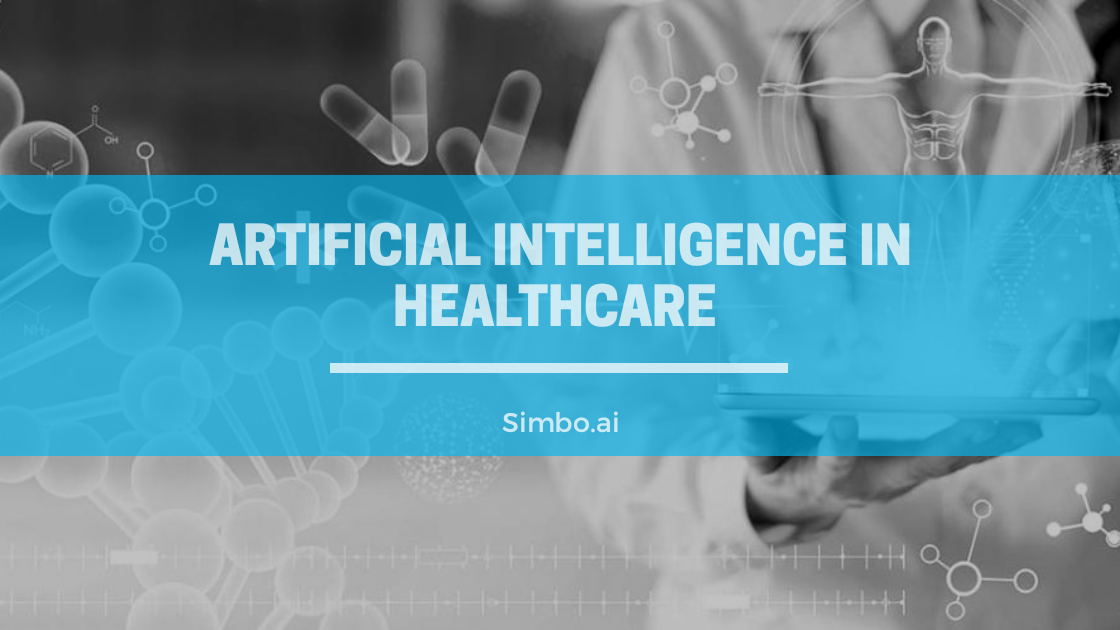


Artificial intelligence in healthcare, often referred to as Deep Medicine, encompasses the utilization of Machine Learning algorithms and software to emulate human reasoning in the analysis, presentation, and understanding of intricate medical and healthcare data. Essentially, AI empowers computer algorithms to draw conclusions based exclusively on the data they receive. This technology has revolutionized various industries globally and holds the potential to significantly transform healthcare.
As Artificial Intelligence (AI) technologies become increasingly integrated into modern business practices and everyday life, their application in healthcare is also on the rise. AI offers numerous opportunities to assist healthcare providers in a variety of patient care and administrative tasks. While many AI and healthcare technologies are pertinent to the sector, the specific strategies they support can differ widely.
Machine Learning stands out as one of the most prevalent forms of Artificial Intelligence used in healthcare. It serves as a fundamental technique underlying numerous AI and healthcare technology approaches, with several adaptations available. One of the most common applications of traditional Machine Learning in healthcare is precision medicine, leveraging AI to deliver tailored treatments to patients.
Deep learning, a subset of AI, is also employed in healthcare for speech recognition, primarily through Natural Language Processing (NLP). A notable implementation of AI in this field involves NLP applications capable of interpreting and categorizing clinical documentation. These NLP systems can sift through unstructured clinical notes, providing valuable insights into quality improvement, optimizing processes, and ultimately yielding better patient outcomes.
There are many administrative roles for Artificial Intelligence in healthcare, although its impact in hospital settings may not be as revolutionary compared to direct patient care. Nonetheless, AI can enhance efficiency in various administrative tasks. Applications of AI in the healthcare sector range from claims processing and clinical documentation to revenue cycle management and the organization of medical records.
In earlier decades, expert systems utilizing rule-based variations dominated the landscape of AI in healthcare. Even today, AI continues to play a crucial role in providing clinical decision support. Many Electronic Health Record (EHR) systems now incorporate rule sets within their software. These expert systems require collaboration between human specialists and engineers to develop extensive rules within specific knowledge domains, proving effective and straightforward to utilize.
AI brings several benefits over traditional analytics and clinical decision-making protocols. Learning algorithms can enhance their precision and accuracy as they interact with data, allowing healthcare professionals to gain unprecedented insights into diagnostics, care processes, treatment diversity, and patient outcomes.
The primary challenge facing AI in healthcare lies not in the technology’s capability, but rather in ensuring its seamless integration into daily clinical practice. Over time, it’s likely that clinicians will gravitate towards tasks requiring specialized skills and the highest levels of cognitive function.